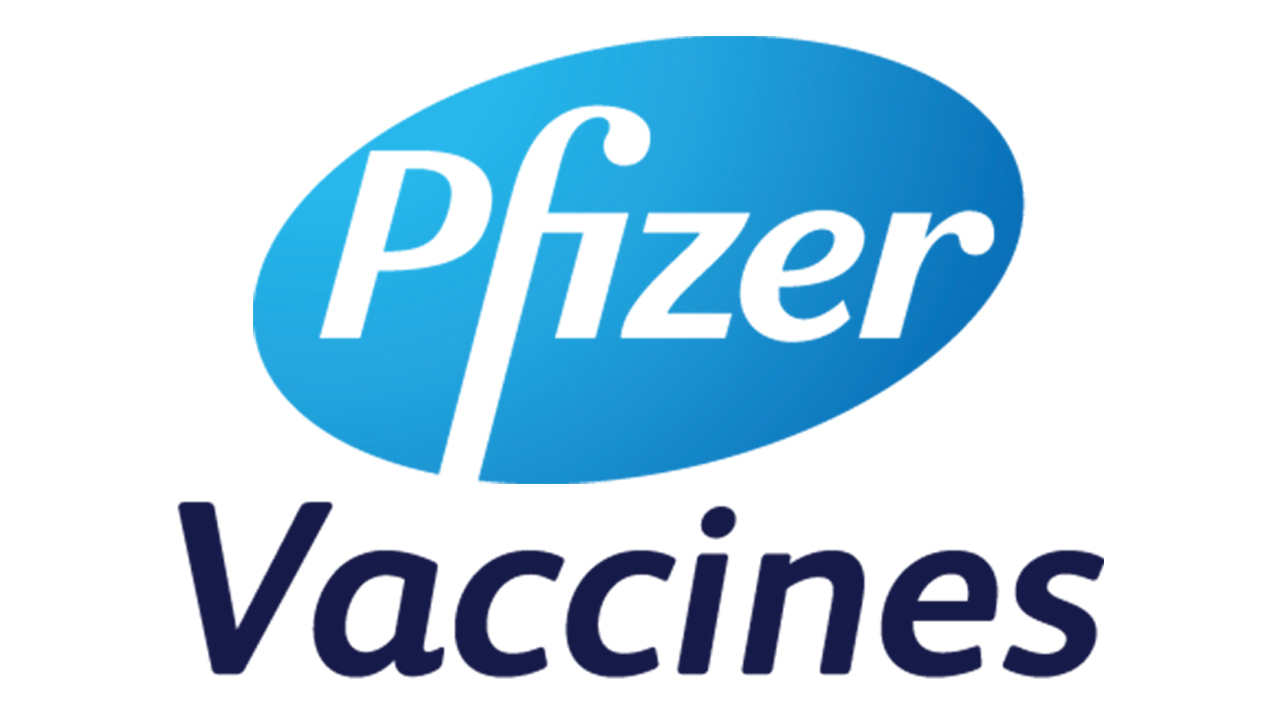Pfizer Inc. announced today the launch of its Vaccines Division’s Centers of Excellence Network, a global program of collaborations with academic institutions to conduct real-world epidemiologic research to accurately identify and measure the burden of specific vaccine-preventable diseases and potentially evaluate vaccine effectiveness affecting adults. Pfizer Vaccines has designated the University of Louisville as its first Center of Excellence with a second global centre anticipated in the first half of 2020.
“The Centers of Excellence will complete comprehensive, disease surveillance and real-world vaccine effectiveness studies, which are distinctly different from clinical safety and efficacy research,” said Luis Jodar, Pfizer Vaccines, Chief Medical and Scientific Affairs Officer. “With strategically located research centres around the world, we anticipate being able to better define and understand global disease burden in adults and vaccine effectiveness, which will help provide robust evidence to national policymakers and health officials who develop recommendations for the use of vaccines in immunization programs worldwide.”
As Pfizer’s first Center of Excellence site, the University of Louisville will initially conduct two separate, large population-based epidemiological studies in adults: a one-year study of the incidence of infectious diarrhea with funding provided by Pfizer up to $6.5 million and a one-year study of the incidence of pneumonia with funding provided by Pfizer up to $4.5 million.
“It is very difficult to find a city where all the health care institutions are collaborating in research, and Pfizer recognized there was something different happening in Louisville, Kentucky. Because of our unique citywide collaborations, when we measure the incidence of disease in Louisville, you can extrapolate and say if this disease happens this often in Louisville, we can then say this is the incidence in the United States. This becomes very important as we are trying to study disease and develop new interventions,” said Julio Ramirez, Chief of UofL Infectious Diseases and Center Director. “To develop a vaccine, it is important to understand the overall population burden of disease that the vaccine is going to prevent: How common is this illness? Who are the patients that are at higher risk? These are the questions we will be addressing with the types of studies we are going to be doing in Louisville, Kentucky.”
“Well-conducted epidemiological surveillance in adults is a critical component to understanding the effect that direct vaccination may have in reducing the causes and consequences of infectious diseases. In contrast to the well-established surveillance systems developed for pediatric immunization programs, surveillance systems in adults are less developed and disease burden data estimates are less precise,” said Nanette Cocero, Pfizer Vaccines Global President. “With a growing ageing population around the world, we’re committed to further understanding of how direct vaccination of adults may potentially help prevent certain infectious diseases.”
Pfizer Vaccines is currently planning to establish a few additional Centers of Excellence for epidemiological research strategically located around the world in the coming years.
“By collaborating with local, academic institutions we are leveraging the expertise of world-class partners who have the proven capability to conduct research that can inform much-needed public health discussions,” added Cocero.

 Global Research Centers by Pfizer
Global Research Centers by Pfizer









.jpeg)

.jpeg)










.jpg)




.jpg)

